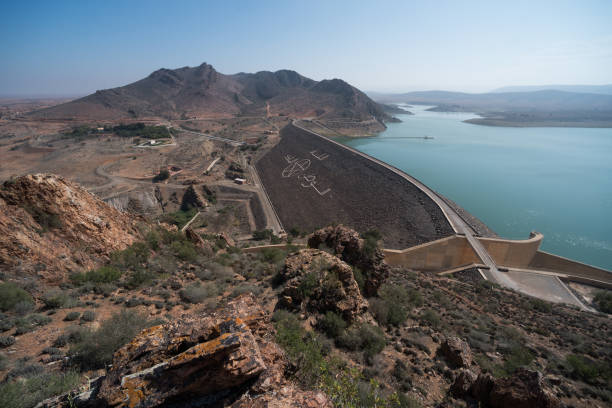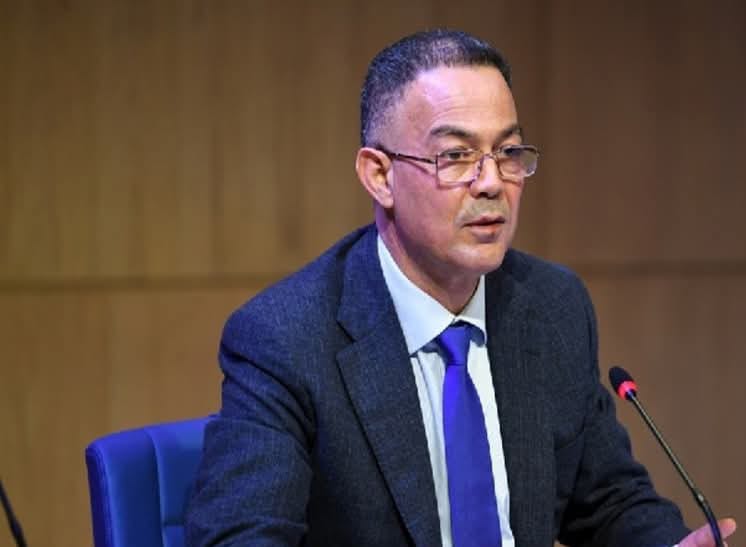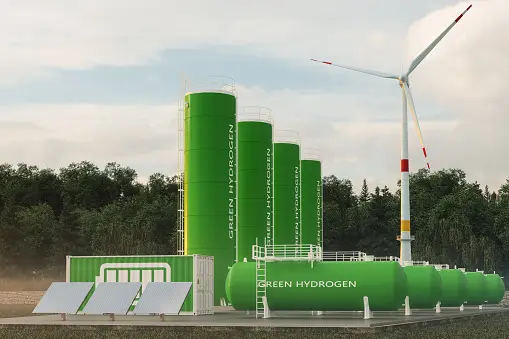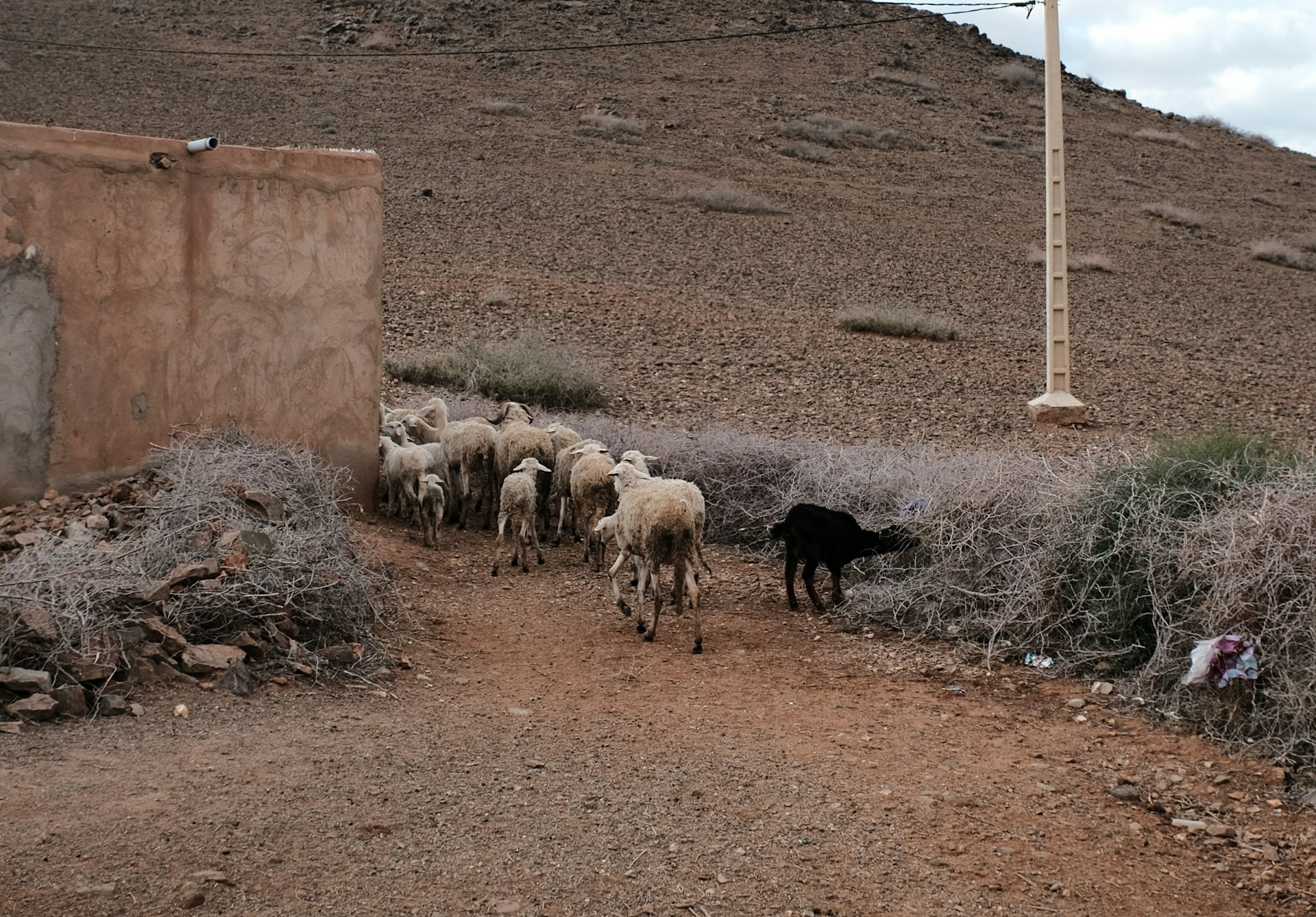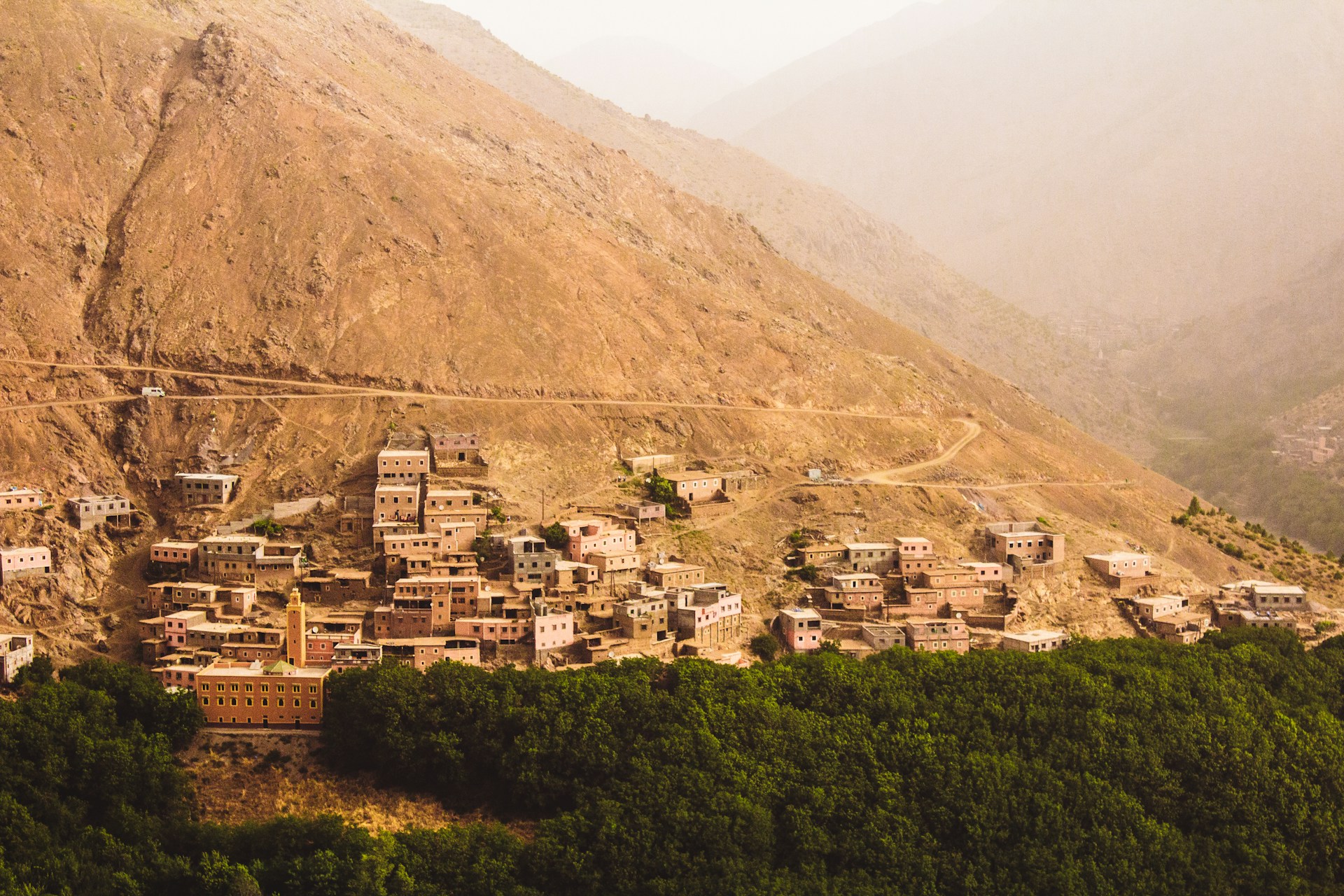Casablanca-The Moroccan Supreme Council of Accounts, responsible for overseeing the financial integrity of state accounts, public entities, municipalities, and political parties, has proposed enhanced coordination among key stakeholders responsible for dam development. This recommendation aims to ensure timely project implementation, achieve anticipated economic outcomes, and expedite technical and financial studies associated with watershed interconnection projects.
During a presentation to both houses of Parliament on January 30th, the Council’s First President, Zineb El Adaoui, highlighted key findings from missions focused on improving the investment framework, dam development, leveraging state-owned assets for investment, employment management, domestic tourism, digital advancement, and integrated territorial development programs and agreements.
Regarding dam development, the Council conducted audits related to irrigation water, drinking water distribution, liquid sanitation, and rural drinking water supply. It evaluated the effectiveness of strategies and actions outlined in water planning documents, such as the National Water Strategy 2009-2030, the National Water Plan 2010-2030, and the Master Plans for Integrated Water Resources Management (PDAIRE) 2011-2030. The Council noted delays in the construction of several dams and highlighted unfulfilled programs outlined in planning documents, particularly those related to canal rehabilitation and small dam upgrades.
Concerning drinking water supply projects from dams, the Council reported project cancellations and significant delays, with some projects lagging by more than two years. Moreover, objectives for agricultural and tourist development around dams were not met.
The Council flagged structural shortcomings in the mobilization of state-owned land for investment, particularly in incomplete land clearances. It recommended reformulating land reserves to align with state investment policies and sectoral strategies, expediting land registration and clearance, and developing state-owned land.
For quarry management, the Council identified deficiencies in sectoral management and advocated for improved professionalization of quarry operators and equal investment opportunities. It called for a completed legal framework and the establishment of a common electronic platform for sector stakeholders.
In the tourism sector, the Council advised reevaluating domestic tourism project governance by empowering decentralized public bodies and enhancing coordination at the territorial level. It proposed diversifying tourism offerings, particularly through rural and sustainable tourism projects, and implementing robust communication strategies to prioritize domestic tourism.
Regarding digital development, the Council expressed dissatisfaction with the outcomes of the “Morocco Digital 2020 Plan,” citing inadequate support from public and private sectors. It emphasized the need for heightened commitment to achieve digital development objectives outlined in national strategies.






